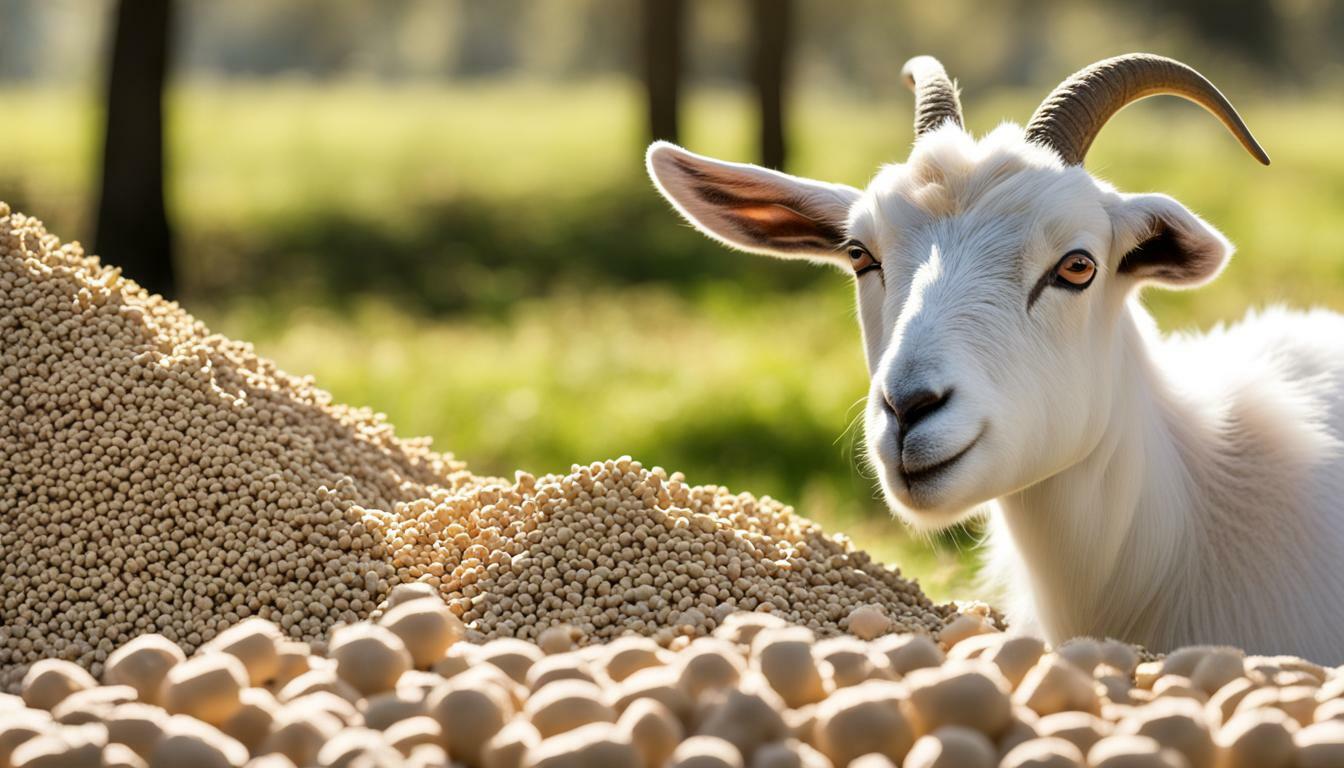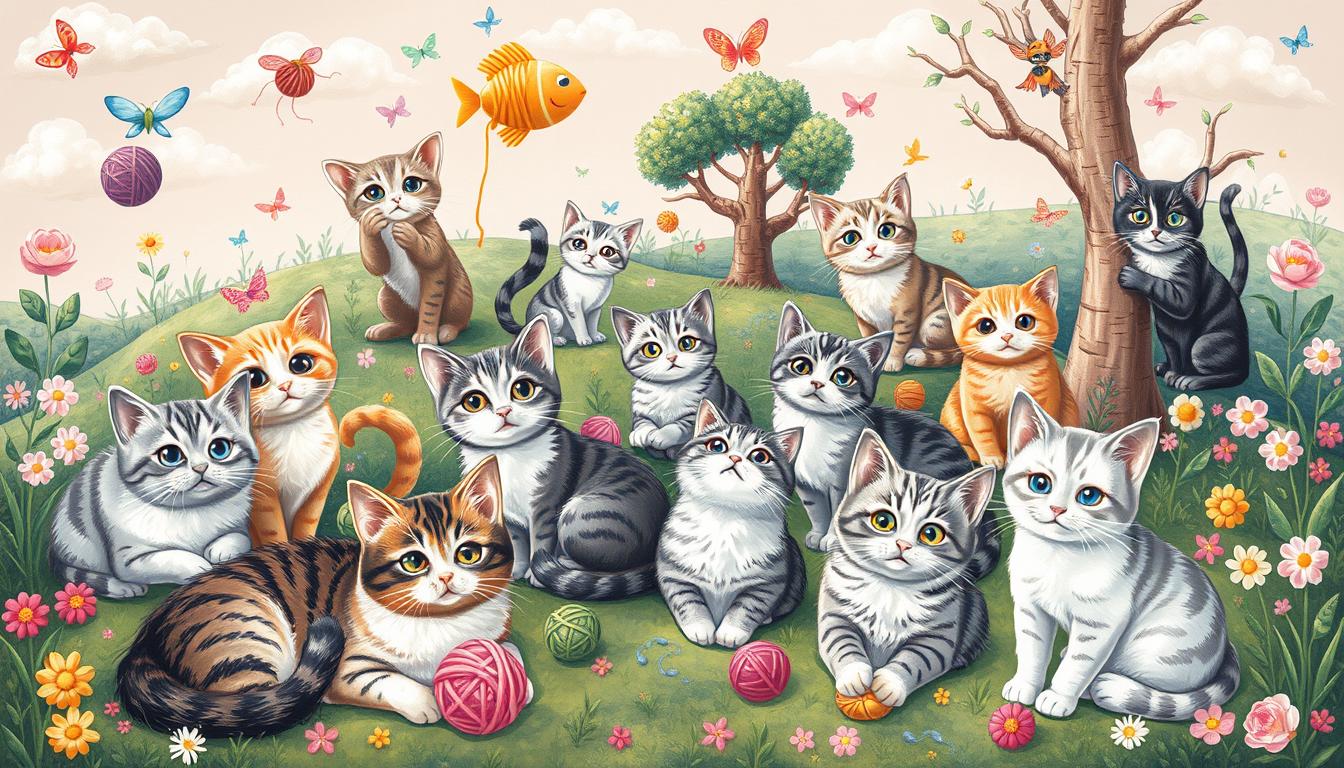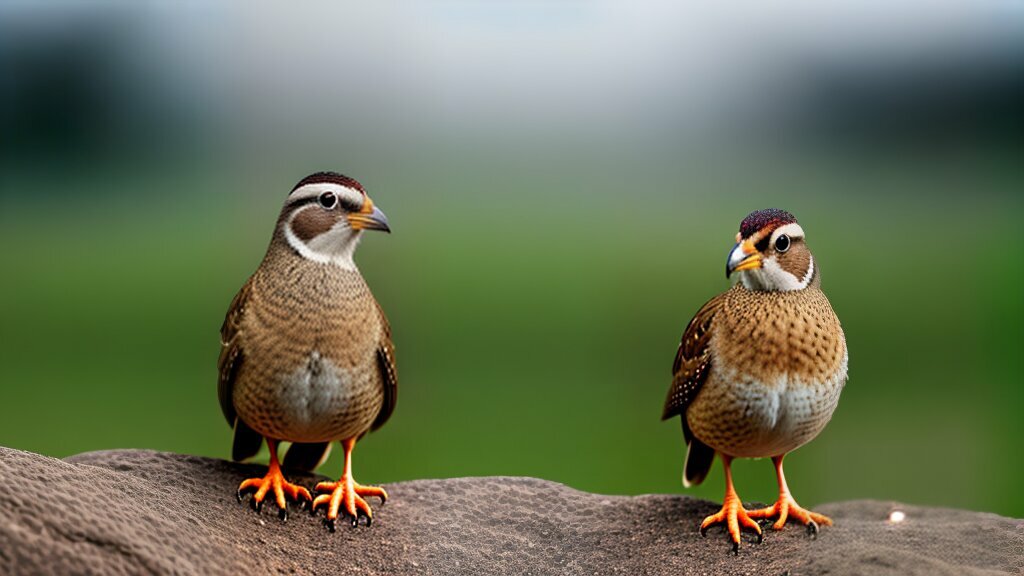Can Goats Eat Rabbit Pellets? Feeding Tips

Table of content:
- Can goats eat rabbit food?
- Are rabbit pellets safe for goats?
- What do goats eat besides hay?
- Can goats eat alfalfa pellets?
- Are alfalfa pellets good for goats?
- Can I feed my goat rabbit food?
- Can you feed rabbits goat feed?
- What feed is best for goats?
- What can I feed my goat other than hay?
- Can goats eat pelleted feed?
- Final Thoughts
Goats are curious and fun-loving farm animals. As herbivores, goats enjoy eating a wide variety of plants, vegetation, and forages. Goat owners often wonder if rabbit pellets can be included in a goat’s diet. Here’s what you need to know about feeding rabbit pellets to goats.
Can goats eat rabbit food?
Yes, goats can eat commercially packaged rabbit food that contains pellets and grains. However, goat feed is specially formulated to meet the nutritional needs of goats. Rabbit food does not contain adequate levels of key vitamins and minerals goats require.
Goats have different dietary requirements than rabbits. Goats are ruminants, meaning they have a four-chambered stomach for digesting fibrous materials. Rabbits are hindgut fermenters with a simple single-chambered stomach.
While rabbit food can occasionally be fed as a supplement, it should not make up the bulk of a goat’s diet. Goat feed, hay, and browse should be the foundation of a goat’s daily intake.
Are rabbit pellets safe for goats?
Rabbit pellets are generally safe for goats to eat in moderation. Most commercial rabbit feeds contain alfalfa, grains like oats and barley, and vitamin/mineral supplements. These ingredients make them palatable and nutritious as an occasional treat.
However, some rabbit feeds also contain higher levels of protein, calcium, and phosphorus than what goats require. Too much of these nutrients long-term can cause health issues in goats. Always read the nutritional analysis on rabbit feed bags before sharing with goats.
Mature goats do well on 12-16% protein feed. Does in late pregnancy or early lactation need higher protein around 16-18%. Bucks need 12-14% protein. Rabbits often require 16-20% protein feed. Too much protein can stress the goat’s metabolism and kidneys.
The proper calcium phosphorus ratio for goats is 2:1. Rabbit feeds are often reversed with more phosphorus. Imbalances can inhibit proper bone growth. Limiting treats prevents overfeeding.
What do goats eat besides hay?
In addition to good quality grass or alfalfa hay, goats enjoy eating:
- Grains like oats, barley, wheat bran
- Pellets formulated for goats
- Leafy greens and garden trimmings
- Fruits and vegetables like carrots, apples, pumpkin
- Tree branches, bark, and brambles
- A wide variety of pasture plants, weeds, bushes and shrubs
Goats enjoy natural forage browsing and grazing. Grass hay provides fiber for rumen health. Grains and pellets offer protein, carbs, and nutrients. Fresh produce and plants add variety. Always offer clean, fresh water.
To supplement hay and browse, feed adult goats 1-2 cups of grain mix per day. Does in late pregnancy or early lactation may need up to 5 cups per day. Kids and yearlings need less. Divide feedings into smaller morning and evening portions.
Can goats eat alfalfa pellets?
Yes, alfalfa pellets are a nutritious supplement for goats when fed in moderation. Alfalfa is high in protein and calcium, making it good for young, pregnant, or lactating. But too much long-term is not ideal for mature wethers and bucks.
Limit alfalfa pellets to a handful or less per day for adult goats. Balance it with grass hay. Do not offer straight alfalfa hay or pellets free-choice. This can cause urinary calculi and other mineral imbalances in males.
Look for alfalfa pellets with a protein content around 16-18% to match nutritional needs. Store opened bags in a cool, dry area to prevent mold. Alfalfa loses nutritional value and palatability when stored improperly.
Are alfalfa pellets good for goats?
Alfalfa pellets can be an excellent supplement for goats when used properly. Benefits of alfalfa include:
- High protein for growth and milk production
- Calcium and other minerals for bone health
- Vitamins A, E, K for immune function and fertility
- Highly palatable and digestible
- Low in starches and sugars
However, improper amounts of alfalfa can cause problems:
- Excess protein stresses kidneys, liver function
- Too much calcium causes urinary calculi in males
- Phosphorus imbalance inhibits proper bone growth
- Can be too rich for some animals
- Risks bloat without proper forage fiber
Feed high-quality alfalfa pellets in moderation alongside grass hay or straw. This provides balanced nutrition. Limit treats to a handful per goat daily.
Can I feed my goat rabbit food?
You can feed rabbit food to goats occasionally as a supplemental treat. But it should not be a dietary staple. Here are some considerations when sharing rabbit food with goats:
- Read the nutritional analysis first
- Ensure proper protein, calcium phosphorus levels
- Choose rabbit food with no medications added
- Limit to a handful 2-3 times per week
- Balance with grass hay and goat minerals
- Avoid offering rabbit food free-choice
- Watch for signs of bloat or loose stools
- Reduce or stop if goat has adverse reaction
While rabbits and goats both enjoy alfalfa and grains, their nutritional requirements differ. For optimal health, feed a balanced goat-specific diet alongside occasional treats. Consult your veterinarian for advice.
Can you feed rabbits goat feed?
Like goats eating rabbit food, feeding rabbit pellets to goats should only be done in moderation. Some key factors:
- Goat feed is too high in copper for rabbits
- Goat feed lacks proper protein levels for rabbits
- Rabbits require more calcium than goats
- The wrong diet can cause serious health issues
- Only offer treats in very small amounts
- Do not make goat feed the main portion of a rabbit’s diet
If offering goat feed to rabbits, limit to a tablespoon or two 2-3 times per week. Feed rabbit-specific pellets and hay as the bulk of the diet. Avoid goat mineral mixes as these provide no nutritional benefit to rabbits.
What feed is best for goats?
The optimal goat diet consists of free-choice roughage, limited treats, and a commercially balanced goat pellet or grain mix as a supplement.
Grass or alfalfa hay should be available at all times in feeding racks. Grass hay provides fiber for rumen health. Alfalfa offers more protein and nutrients for growing kids. Offer several flakes per goat daily.
Browse and grazing on shrubs, trees, weeds and pasture allows natural foraging. Rotate browse areas frequently to prevent defoliation. Offer at least 4 hours of daily grazing when possible.
Grain mixes provide carbs, protein and added nutrients. Feed adult goats 1-2 cups daily. Does in late pregnancy or early lactation may need up to 5 cups per day. Divide into smaller morning and evening feedings.
Supplements like loose minerals and baking soda support nutrition and digestion. Offer free choice in covered feeders. Provide clean, fresh water at all times. Monitor intake and health.
What can I feed my goat other than hay?
In addition to premium grass or alfalfa hay, you can offer your goats a variety of supplemental feeds:
- Grain mixes: 1-2 cups oats, barley, beet pulp
- Pellets: 1⁄4-1⁄2 pound goat pellets per day
- Produce: Leafy greens, vegetable scraps
- Treats: Fruits, carrot chunks, popcorn
- Browse: Tree branches, brambles, shrubs
- Pasture: Rotate grazing areas frequently
When introducing new feeds, do so slowly over 2-3 weeks. Watch for any decrease in hay intake, loose stools, or bloating. This could signal an adverse reaction.
Always provide free access to loose goat minerals, clean water, and baking soda. Monitor the health and condition of your goats. Adjust feed amounts as needed to maintain proper weight.
Can goats eat pelleted feed?
Yes, goats can eat and benefit from pelleted feeds made for goats or other ruminants like sheep. Goat pellets offer a convenient way to provide balanced protein, carbohydrates, vitamins and minerals.
Look for pellets formulated specifically for goats. Sheep or cattle pellets have nutrient profiles suited for those species. Goat kid pellets deliver higher protein, nutrients, and calories for growth.
When feeding pellets, follow guidelines on the bag based on the goat’s age and production status. Limit portions to 0.5-1 pound of pellets per adult goat daily.
Divide pelleted feed into smaller morning and evening meals. Always provide free-choice roughage as the main portion of the diet. Pellets should not exceed 50% of total intake.
Monitor goat health and watch for bloating, diarrhea, or urinary problems. If issues arise, reduce pellet portions or eliminate from the diet. Provide loose goat minerals and baking soda free-choice to support digestion.
Final Thoughts
Goats are naturally curious and will nibble or taste many things. But their primary diet should consist of roughage, browse, and a balanced goat feed. While goats can eat rabbit pellets on occasion, these treats should be limited to prevent nutritional problems. Check labels carefully and monitor your goat’s health when introducing new feeds. With proper diet and preventive care, goats can live happily and healthily for many years.
Welcome. I’m Adreena Shanum, the proud owner of this website, and I am incredibly passionate about animals, especially poultry. I founded adreenapets.com as a labor of love, stemming from my desire to share my knowledge and experiences with poultry enthusiasts worldwide.




